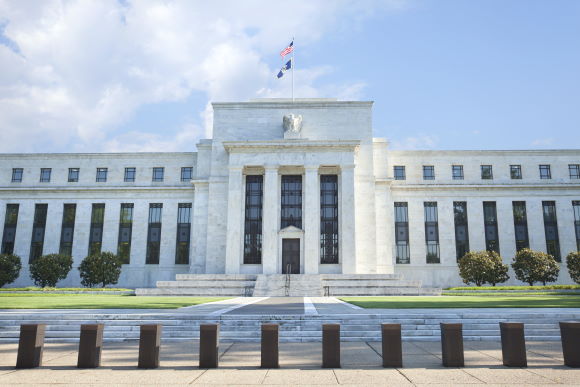On Friday, March 11th, the Federal Reserve placed their last remaining order to purchase Mortgage Backed Securities (MBS) as part of their emergency Quantitative Easing program.
This was a program where the Federal Reserve Bank of New York would purchase both U.S. Treasuries notes and MBS bonds. They did this to create an increase demand for these items which, in turn, caused interest rates (controlled by Treasuries) and mortgage rates (controlled by MBS) to be much lower than they otherwise would be under free market conditions.
This marks the end of the 4th time in modern history that The Federal Reserve has stepped in to control interest rates by buying notes and bonds.
The first time was called QE 1 and ran from December 2008 to March 2010 in reaction to the big financial collapse.
The second time was called QE2 and ran from November 2010 to June 2011.
The third time ran was called QE3 and ran from September 2012 to December 2013.
The fourth time was called the March 2020 Coronavirus Bond Buying Program and ran from March 2020 to March 2022.
The Federal Reserve Open Market Committee (FOMC) will have their Fed meeting this Wednesday at 2:00 where they are presumed to announce an interest rate hike which is only applicable to their Fed Funds Rate. Mortgage rates are controlled by the open markets, the intersection of supply and demand of MBS. Since Fed is now out of the game of buying MBS, it is presumed that mortgage rates will increase as a result.
What Happened to Rates Last Week?

Mortgage backed securities (FNMA 3.50 MBS) lost -119 basis points (BPS) from last Friday’s close which caused fixed mortgage rates to move much higher compared to the prior week. The lowest rates of the week were on Monday and the highest rates were on Friday.
Here are some key economic releases from last week:
Inflation Nation: The February headline Consumer Price Index showed an increase of 7.9% on a YOY basis which matched market expectations but was a large move higher from January’s pace of 7.5%. Same story for Core (ex food and energy) CPI YOY, it matched expectations at 6.4%. This is the fastest pace of inflation in 40 years and marks the 21st straight month of MOM increases…which means that A) its NOT transitory and B) it has NOTHING to do with Russia.
Central Bank Palooza: The ECB kept their key interest rate at 0.0% and their deposit rate at -.0.5%
Jobs, Jobs, Jobs: The January Job Openings and Labor Turnover Survey (JOLTS) hit 11.263M unfilled jobs vs est of 10.925M. December was revised upward significantly to 11.448M

The above are the major economic reports that will hit the market this week.
They each have the ability to affect the pricing of Mortgage Backed Securities and therefore, interest rates for Government and Conventional mortgages. I will be watching these reports closely for you and let you know if there are any big surprises.
It is virtually impossible for you to keep track of what is going on with the economy and other events that can impact the housing and mortgage markets. Just leave it to me, I monitor the live trading of Mortgage Backed Securities which are the only thing government and conventional mortgage rates are based upon.

